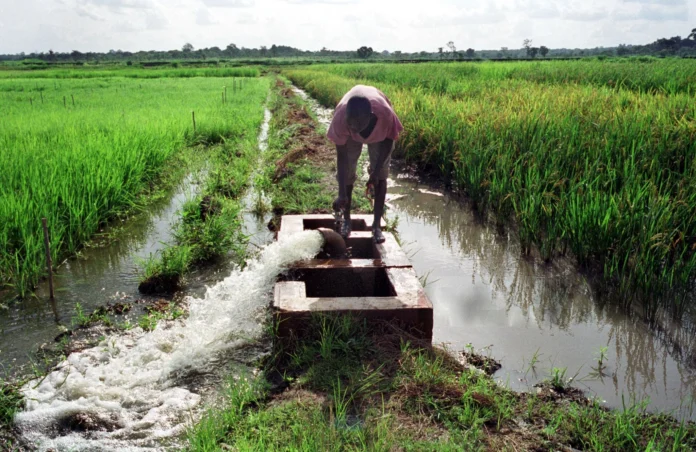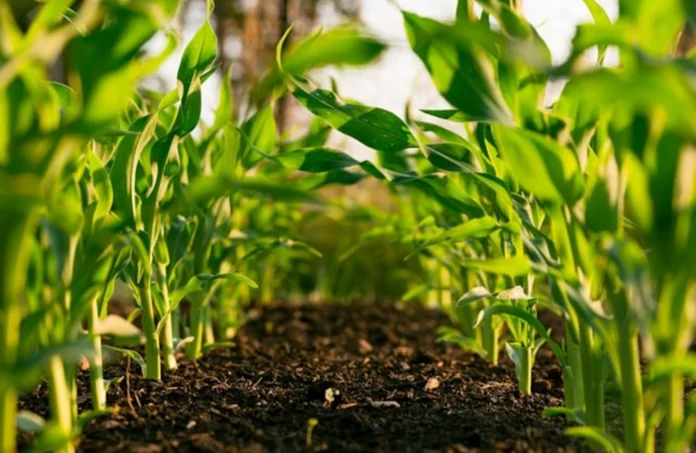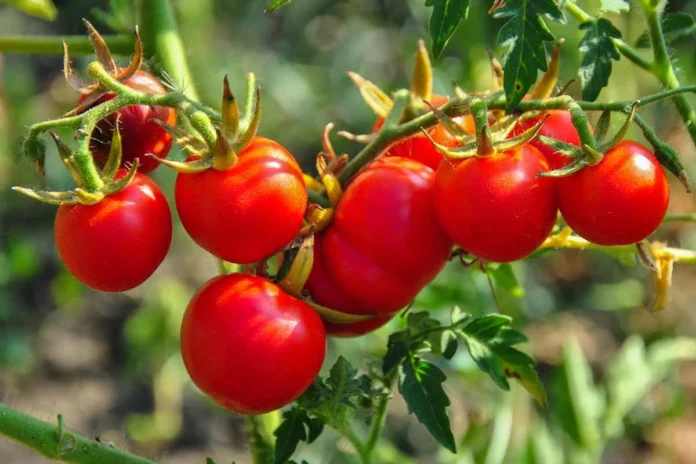Oran Launches Ambitious Plowing and Sowing Campaign for 2025-2026 Agricultural Season, Targeting 25,000 Hectares of Cereal Crops.
Arabfields, Oran, Algeria — In a significant push to bolster food security and agricultural productivity, the Algerian province of Oran officially kicked off its annual plowing and sowing campaign for the 2025-2026 farming season on Saturday. The initiative, launched amid growing concerns over global climate challenges and domestic grain needs, aims to cultivate 25,000 hectares of cereal crops .. a notable increase of 2,000 hectares from the previous year.
The ceremonial start took place at the “Melloufi” farm in the commune of Es-Senia, where Oran Governor Samir Chibani presided over the event. He was joined by a diverse group of local farmers, agricultural stakeholders, and representatives from key sector organizations. The launch coincided with Algeria’s National Day for Agricultural Extension, held under the theme “Smart, Promising, and Sustainable Agriculture,” emphasizing innovative practices to enhance resilience in the face of environmental pressures.
According to Rouibi Houari Boumediene, director of Oran’s Agricultural Services, the expanded acreage reflects a strategic effort to diversify and intensify cereal production. Of the total 25,000 hectares earmarked for cereals, 5,000 will be dedicated to irrigated durum wheat fields, 1,200 to soft wheat, 18,300 to barley, and 500 to oats. These allocations are designed to optimize yields in Oran’s semi-arid climate, where water management and soil health are critical factors.
To support farmers throughout the campaign, authorities have introduced streamlined measures, including a one-stop shop at the Oran branch of the Cooperative for Cereals and Dried Vegetables (CCLS). This facility simplifies access to essential seeds and the “R’fig” credit program, which provides low-interest loans for agricultural inputs. Officials have stockpiled approximately 38,000 quintals (3,800 metric tons) of various seed varieties and fertilizers, ensuring timely distribution to prevent bottlenecks that plagued past seasons.
In addition, the campaign mobilizes substantial machinery and logistics: 592 tractors and an array of equipment have been deployed to facilitate efficient fieldwork. Governor Chibani toured exhibition stands at the event, held at the “Manbar El Hadayek” nursery in Es-Senia, where he received briefings on these resources. Organized jointly by the Chamber of Agriculture and the Agricultural Services Directorate, the fair also marked World Food Day, highlighting global efforts to combat hunger and promote sustainable farming.
The exhibition served as a vital platform for showcasing advancements in the sector. Farmers, production units, and the CCLS displayed a wide range of agricultural products, including innovations in integrated aquaculture-agriculture systems, which combine fish farming with crop cultivation to maximize resource use and minimize waste. Such integrated approaches are gaining traction in Algeria as part of broader national strategies to achieve self-sufficiency in staple foods, amid fluctuating international grain markets influenced by geopolitical tensions and climate variability.
A highlight of the event was the participation of rural women, represented by the local association “Main dans la Main” (Hand in Hand) for the Promotion of Rural Women. The group exhibited its latest projects, including the cultivation of aromatic plants, extraction of natural oils, introduction of novel tree varieties, and artisanal soap production. Beyond displays, the association emphasized its training programs, which empower rural women with skills in modern agricultural techniques, fostering economic independence and community development. In a country where women play an increasingly pivotal role in agriculture .. contributing to over 40% of the rural workforce, according to recent government reports .. such initiatives underscore the importance of gender-inclusive policies in building a robust farming sector.
This year’s campaign comes at a pivotal time for Algerian agriculture, which has faced hurdles from erratic rainfall, soil degradation, and the lingering effects of the COVID-19 pandemic on supply chains. National policies, including subsidies for seeds and machinery, aim to reverse these trends by promoting “smart agriculture” – leveraging technology like precision irrigation and data-driven crop monitoring. Experts suggest that successful implementation could boost Oran’s cereal output by up to 10-15%, contributing to Algeria’s goal of reducing wheat imports, which currently account for a significant portion of the nation’s food bill.
As the plowing and sowing progress, stakeholders remain optimistic, viewing the expanded efforts as a step toward long-term sustainability. “This is not just about planting seeds; it’s about planting hope for a more resilient future,” Boumediene remarked during the event. With the campaign now underway, farmers in Oran are gearing up for what promises to be a productive season, provided weather conditions cooperate and logistical support holds steady.












